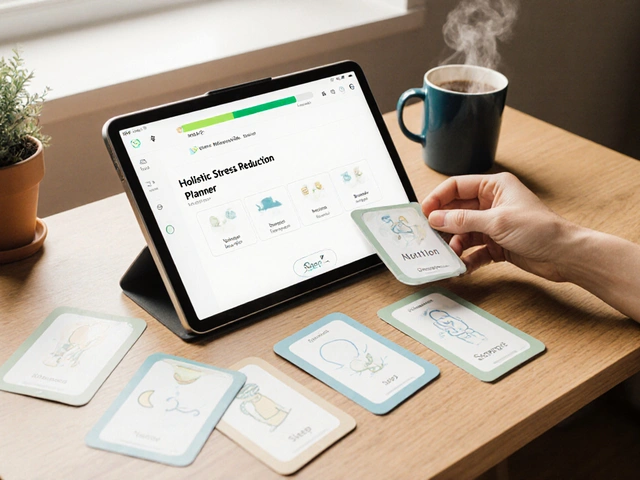Better Sleep: Simple, Practical Ways to Sleep Deeper Tonight
Do you wake up tired even after a full night in bed? Sleep quality matters more than hours alone. Small, targeted changes to your habits and bedroom can make a big difference fast. Below are straight-up tips you can use tonight and habits to build over weeks for deeper, more restorative sleep.
Quick fixes you can try tonight
Cool your room to about 60–68°F (15–20°C). A slightly cool room helps your body drop core temperature, which signals sleep. Dim lights an hour before bed—bright screens and overhead lights trick your brain into staying alert. Try a 20-minute wind-down: read a paper book, do gentle stretching, or write three quick things you’re grateful for to stop the mental noise.
Skip caffeine after mid-afternoon. Even small amounts can reduce deep sleep. If you smoke or drink alcohol, cut those near bedtime—alcohol might make you fall asleep faster but fragments sleep later. If you nap, keep it under 30 minutes and not too late in the day to protect nighttime sleep drive.
Use a short breathing or relaxation routine when you’re in bed. The 4-7-8 breath (inhale 4, hold 7, exhale 8) slows your heart rate and calms the mind. If your body still feels tense, try progressive muscle relaxation: tense a muscle group for 5 seconds, then release, moving from toes to face.
Daily habits that build deep sleep
Wake up at the same time every day, even weekends. A steady wake time anchors your internal clock and improves sleep depth. Get 20–30 minutes of morning light—natural light helps set your circadian rhythm and makes you sleepier at night.
Move your body during the day. Regular exercise improves slow-wave sleep, the deep restorative phase. Timing matters: late-evening intense workouts can keep you wired, so aim for morning or afternoon when possible. Feed your gut a few hours before bed—heavy late meals can cause reflux and disturbed sleep; a light snack with protein and carbs is usually fine.
Build a short, repeatable pre-sleep routine. Your brain learns cues: dim lights, calm music or a guided meditation, brushing teeth, and going to bed at roughly the same time tells your body it’s time to sleep. If your mind races, try a five-minute brain dump—write next-day tasks on paper so they don’t replay in your head.
Want tools and guided help? Check our related posts like “Top 10 Mindfulness Apps to Stay Focused and Present in 2025,” “Mindfulness and Gratitude: How to Boost Happiness Every Day,” and “Relaxation Techniques for Everyone” for step-by-step routines and app picks. Try one new habit for two weeks and keep what works. Better sleep isn’t magic—it's consistent, simple choices that stack up night after night.
Harnessing Mindfulness Techniques for Improved Sleep Quality
This article explores how practicing mindfulness can lead to better sleep. It includes practical tips and interesting facts about the benefits of mindfulness, making it a useful guide for those struggling with sleep issues. Discover simple techniques to create a relaxing bedtime routine and improve overall mental health.
View More





